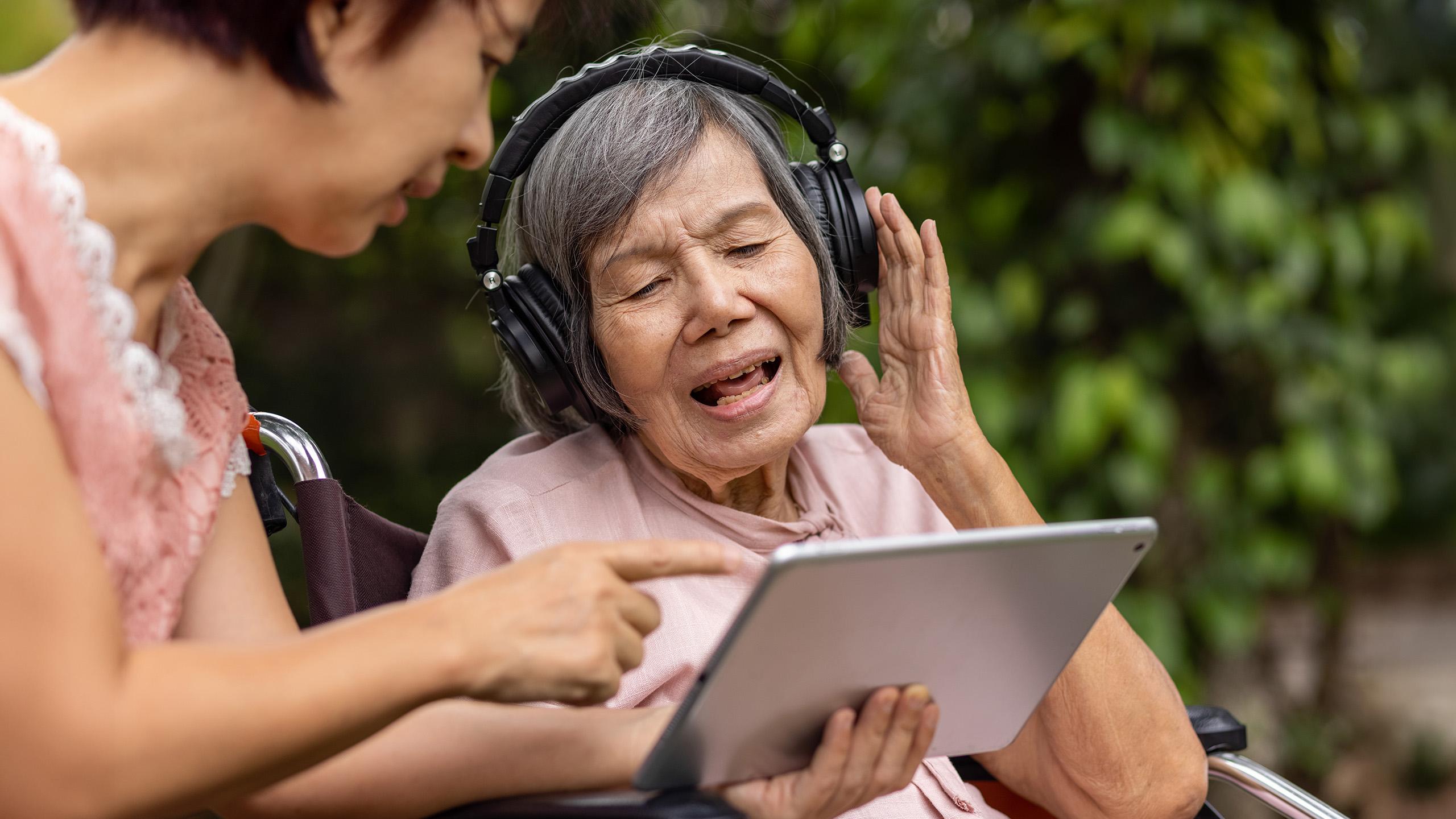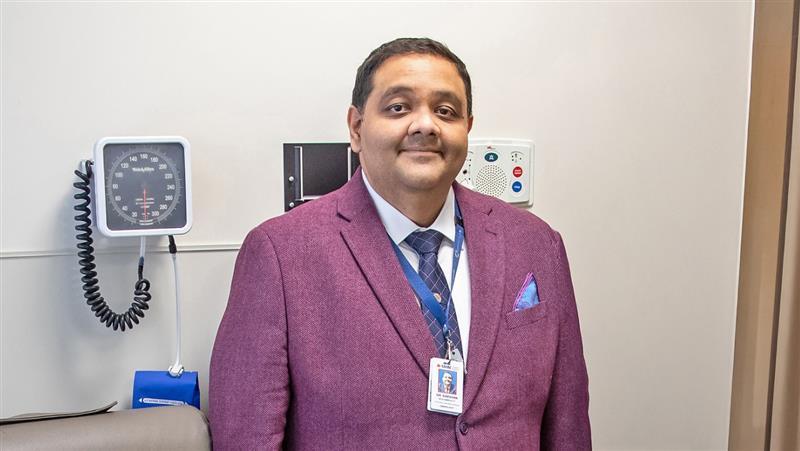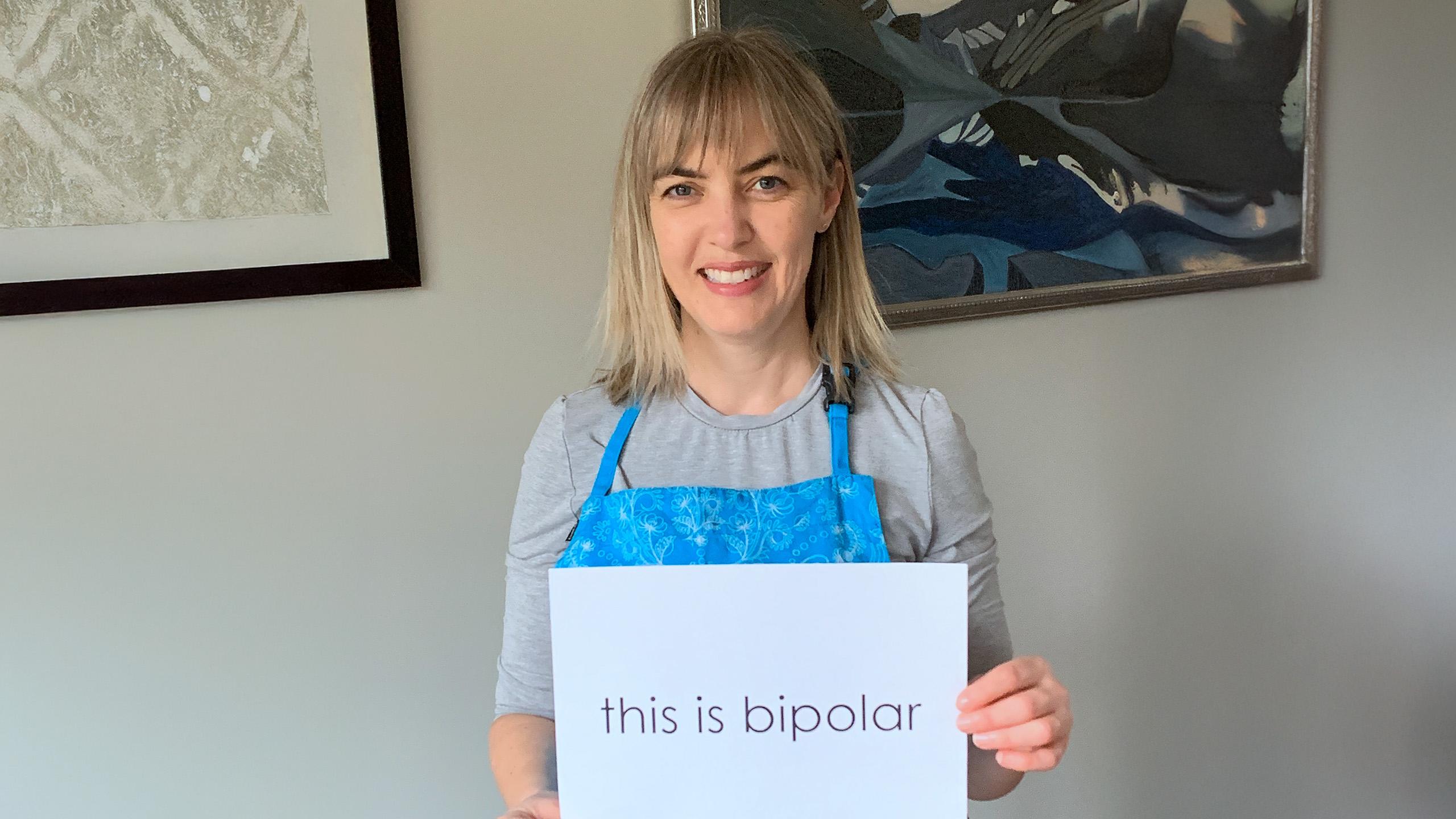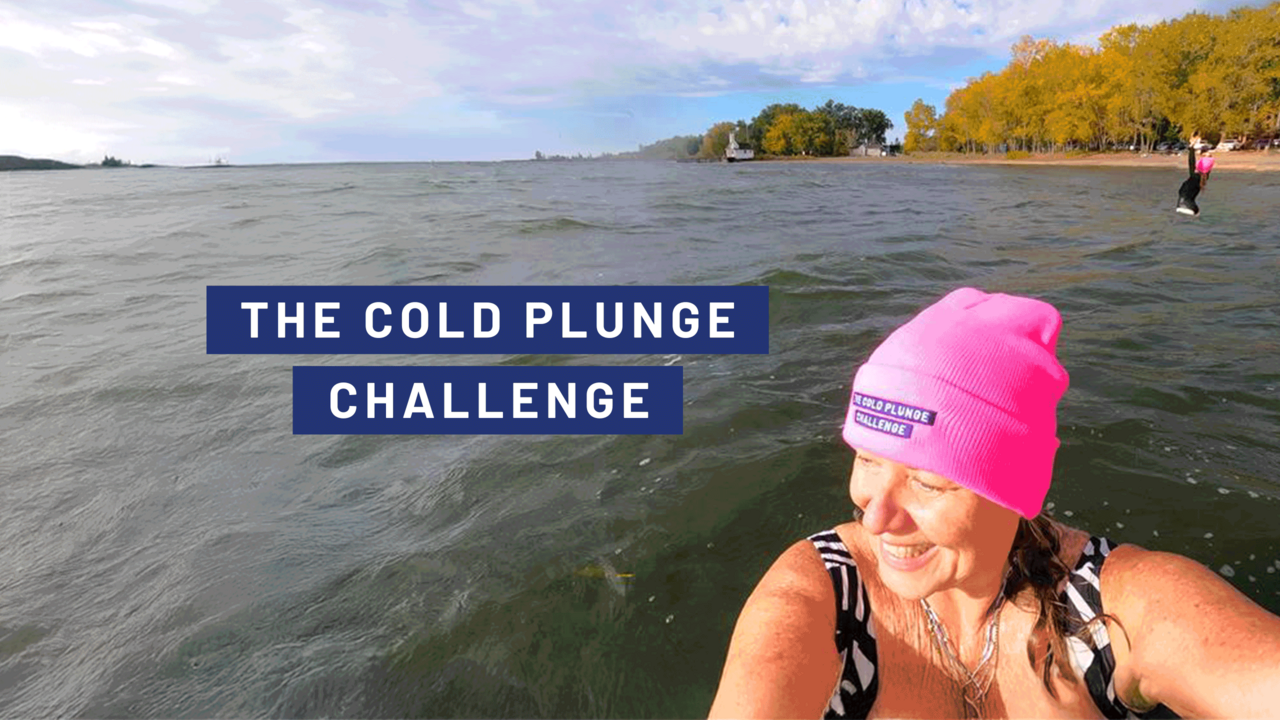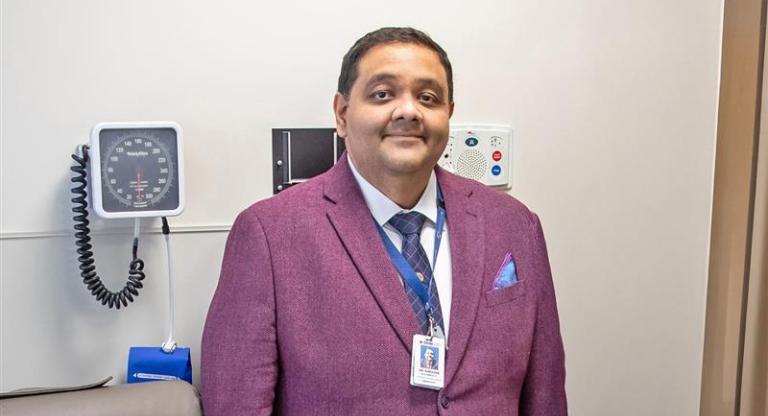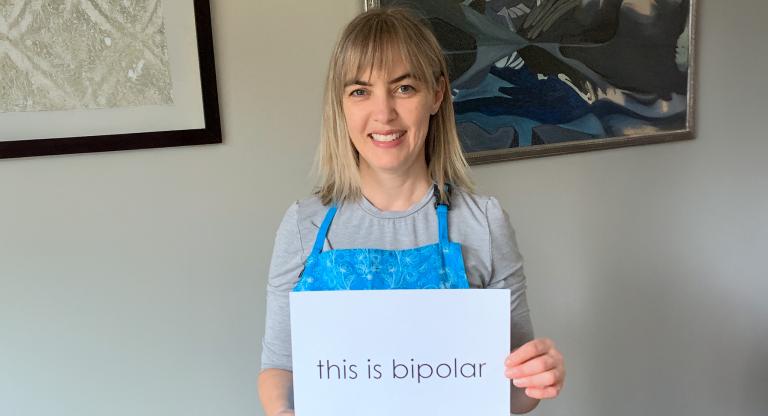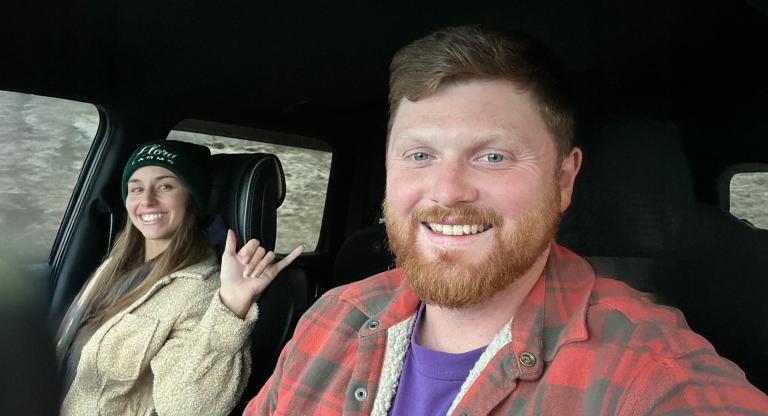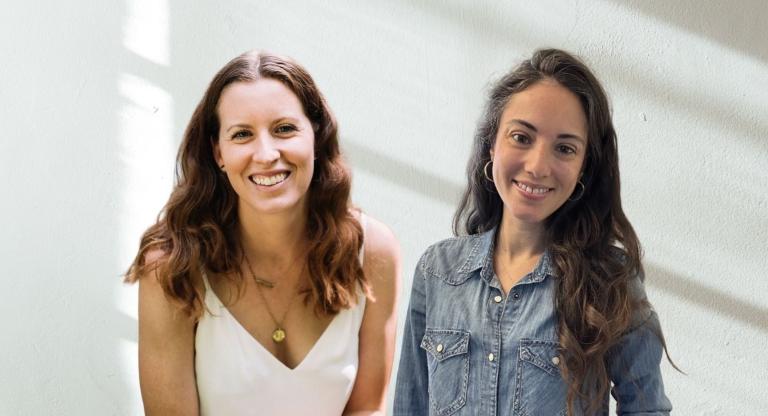From youth to adult: Transitioning care
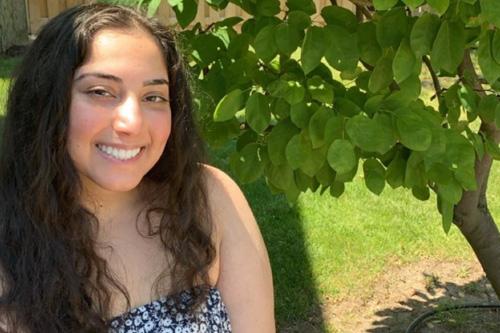
The ages of 18 -22 are a time of dramatic change in most people’s lives. Leaving home, starting school, moving away from parents, increasing independence in many ways change is the only constant during this time. For patients who have lived with pediatric-onset chronic diseases, this time in life can be even more daunting.
Patients who were diagnosed with chronic diseases in their childhood have often spent a good chunk of their lives with medical care and support, but typically all logistics, details, and adherence are managed by parents and caregivers. When patients turn 18 and leave their pediatric clinics, the transition in care can be challenging. Statistics tell us that only 50% of pediatric chronic disease patients successfully transition to adult care. That means another 50% fall off the radar and are without appropriate care, typically only surfacing when their disease flares up, or if they have challenges with medication.
Dr. Amanda Steiman, of Sinai Health’s Rebecca MacDonald Centre for Arthritis & Autoimmune Disease, wants to change this. Together with Dr. Earl Silverman, a rheumatologist based out of SickKids Hospital, the two run a clinic for pediatric onset lupus patients who are graduating from pediatric care and beginning care at a different facility, with different health care providers. Lupus is a chronic disease causing inflammation and/or pain in any part of the body. It can affect skin, joints, and internal organs. As a result, it has many different symptoms. There is currently no cure for the disease.
SickKids lupus patients transition into Dr. Steiman and Dr. Silverman’s clinic, the Young Adult SLE Clinic, where they receive care from age 18 22. They then become clinic graduates, having seamlessly integrated with the care provided by Dr. Steiman in her General Rheumatology clinic at Sinai Health.
“We have about 200 patients in the clinic at this point as we welcome 50 new Sick Kids graduates each year. The clinic provides a comprehensive model of care, so not only dealing with the disease and its treatment, but also looking at potential side effects of long-term disease and medication use, ensuring vaccinations are up to date - particularly important in these patients, many of whom are immunosuppressed, bone health is addressed, and we address issues around reproductive health,” says Dr. Steiman.
While the primary focus of the clinic is optimizing the health of each patient seen, another goal is to learn from these young patients, building a database from which the team can study longer term outcomes as these pediatric patients evolve through adulthood. “We hope to learn more about the impact of pediatric-onset lupus and its treatment on patients’ health and wellness not only in organ systems directly affected, but the whole person, including their ability to thrive professionally and personally through adulthood. We hope that what we learn will allow us to continue to optimize the care we provide for our patients.”
As a recent graduate of the Young Adult SLE Clinic Aziza Agasee knows all too well the important role it plays for patients ageing out of pediatric care. Aziza was a patient at the SickKids rheumatology clinic beginning at age nine. She met Dr. Steiman while still a SickKids patient, so that when her care officially moved over to Sinai Health, she wouldn’t be starting off with a stranger. “"Going into the clinic was really hard for me because I had had a serious Lupus flare shortly before the transition. I went from being someone who had Lupus and living a somewhat normal life to being in a wheelchair, having just gotten out of rehab and learning how to navigate all these new physical and medical changes on top of suddenly being thrown into an adult clinic. I had to learn how to advocate for myself and slowly learn how to handle appointments on my own. But Dr. Steiman made it easy. Even today, I know she is there for me when I need her" says Aziza.
"The clinic helped me with every step of transitioning my care. Like in your first visit you learn how to fill out forms that talk about your medical history and your medications and they make the forms really easy to understand. The doctors suggest that maybe your parents don't need to come in with you at every appointment, or maybe then come in towards the end. Slowly, with support, you learn how to get more independence in dealing with your lupus," says Aziza.
Looking back on her transition from SickKids to Sinai Health, Aziza says, “For me the scariest thing was feeling like I was going to have to do everything all by myself, and that feeling of being alone. Up until that point, I always had my mom and dad right there with me. I had convinced myself that I was going to be stranded. But you’re not stranded. And you’re not alone.”
Today Aziza is a busy University student, with a double major of Politics & Governance and Sociology. She says when starting university Dr. Steimen was very quick to provide all the support she needed to make sure she got the accommodations she needed for her lupus. "A lot of my fears around starting university were connected to accessibility, and what to do if my lupus was to flare. For me, when my lupus flares, some of the first symptoms are my hands get sore and I get very fatigued. Knowing that I was suddenly looking at classes that were up to three hours long, I was worried. But Dr. Steiman knew exactly what notes I required and how to articulate my accommodation needs. Honestly she’s amazing she really makes sure she’s there for her patients, no matter what.”
